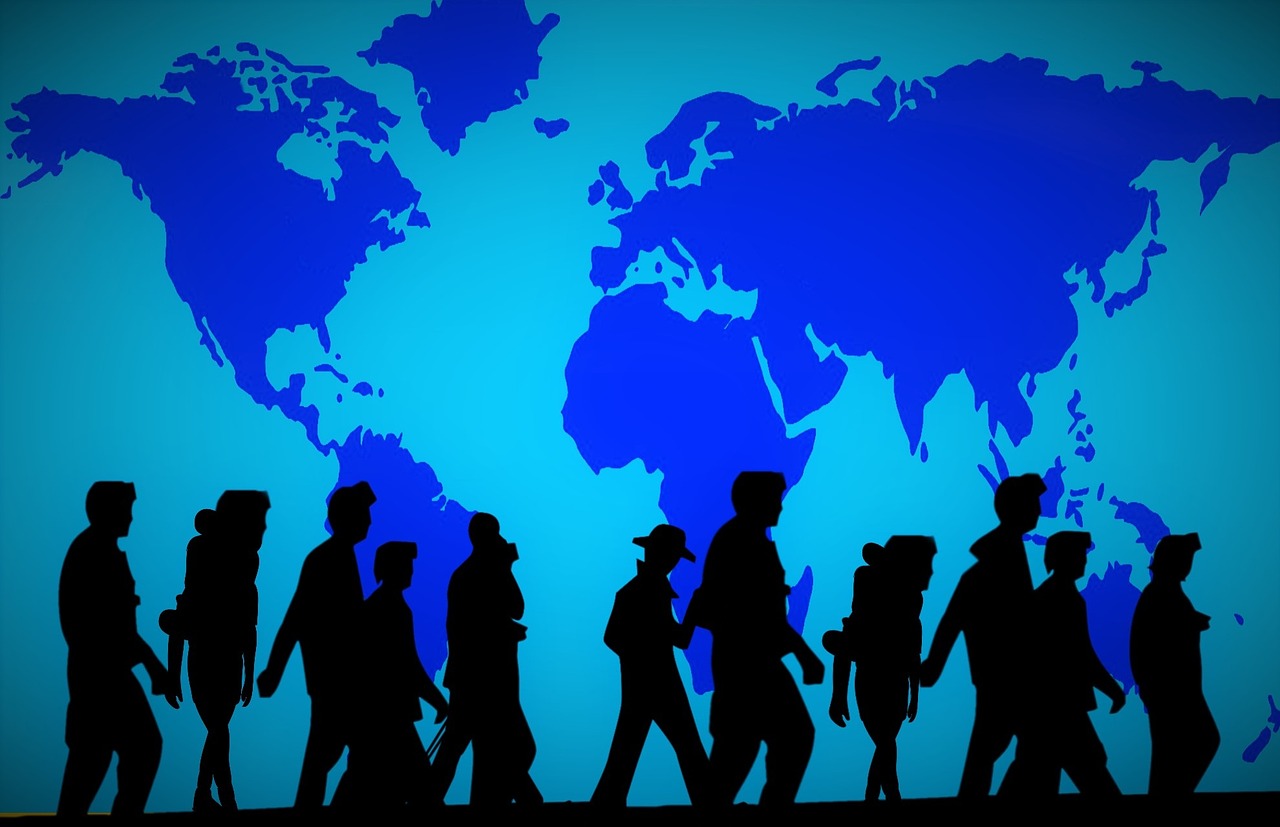Few sectors of society have been as badly impacted by COVID-19 as the homeless population. Rates of COVID-19 are higher amongst homeless people than in the general public, and they are also more likely to die from the virus. One particularly at-risk subgroup of this population is refused asylum seekers, who are classed as having no recourse to public funds (NRPF). This means that they have no entitlement to welfare benefits, and evicting them from asylum accommodation is likely to create a destitute population, who are both highly vulnerable to the effects of Coronavirus, and will contribute to its spread.
Throughout the summer, the government has shown uncharacteristic competence in managing the pandemic in the homeless population. In late March, a series of measures were announced to curb the spread, including crucially the suspension of evictions from asylum accommodation and the provision of housing to everyone experiencing homelessness through the “Everyone In” initiative. Dormitory-style shelters were closed and COVID-PROTECT accommodation (single en-suite rooms, often in vacant hotels) was provided to 14,610 homeless individuals. No outbreaks have been reported in these settings.
A study published by The Lancet estimated that these preventative measures may have avoided 21,092 infections, 1164 hospital admissions, 338 ICU admissions and 266 deaths, which highlights that as well as saving lives, there is a considerable financial benefit to safely housing homeless people during a pandemic.
It is predicted that lifting these measures would lead to 12,151 further infections before the 31st of January 2021. The Lancet report, which was published in September, does not account for the second wave of infections that we are currently experiencing, meaning that the situation is even more dire than predicted.
Worryingly, lifting these measures is exactly what the government has done, a move which has been described by the No Accommodation Network (NACCOM) as “a callous disregard for human life”. Since September 15th, people refused asylum in England have begun to receive notices to leave their accommodation. Charities in Manchester, Halifax in Liverpool – some of the areas with the highest rates of COVID-19 in the country – have all reported eviction notices being received by those in asylum accommodation.
Professor Andrew Goddard, President of the Royal College of Physicians, has said that “efforts made to support homeless people during the first phase of the pandemic were truly life-saving”. He stresses that “as we enter a second wave of COVID-19, these steps need to happen again”.
Government reports have clearly highlighted the disproportionate impact that COVID-19 has had on people of colour, with death rates from the virus being significantly higher in Black and Asian ethnic groups, who are also most at risk of facing eviction from asylum accommodation. In the 12 months prior to the 1st of May 2020, 82% of people who came to the Citizens Advice Bureau about having NRPF were people of colour, with an 110% increase in enquiries in this area.
By restarting evictions from asylum accommodations, thereby making people homeless, the Home Office is contradicting government advice that dormitory-style shelters should be used “only as a last resort”. With charities and local authorities facing both financial cutbacks and physical restrictions, it is unclear what -if any- engagement has been given to stakeholders in order to ensure that the risk to individuals is minimised. In addition, there is concern that asylum seekers made homeless may be forced to rely more on their own communities for support, thus leading to increased infection spread within minority ethnic groups.
The NACCOM has urged people to engage local authorities by using the hashtag #StopAsylumEvictions, writing to their local MPs and the Home Secretary. An open letter to Priti Patel, signed by representatives from nine religious communities, has called for the end of asylum evictions.
Accommodating homeless people in commercial hotels has been estimated to reduce deaths in the homeless population by 92% during the first wave. The government must continue these interventions and suspend asylum evictions, at least until COVID-19 no longer poses a health risk in this country. Until everyone is safe, on one is safe, and nowhere is this more apparent than in evicted asylum seekers.
Serena Waters
Image source: Flickr

